 |
 |
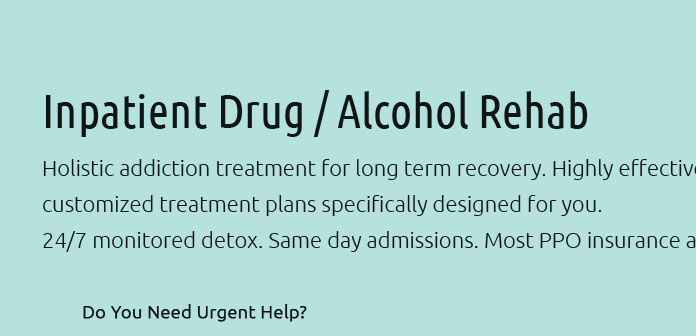 |
 |
 |
 |
||
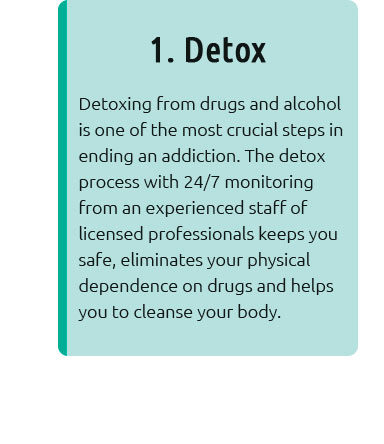 |
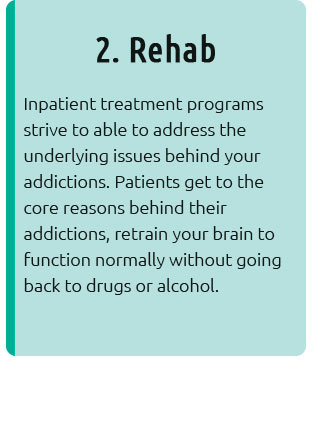 |
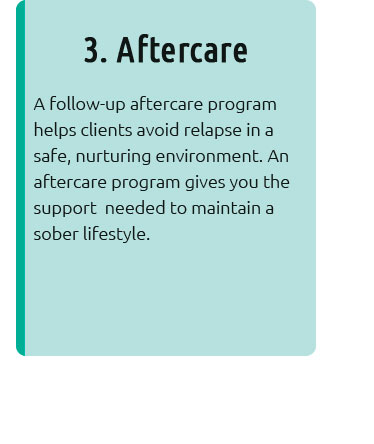 |
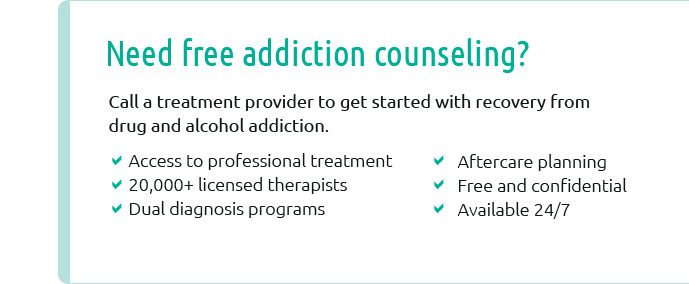 |
 |
 |
 |
||
 |
||
 |
||
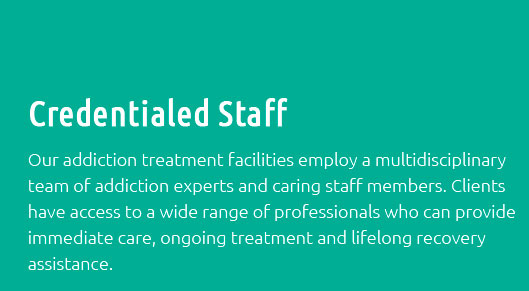 |
 |
 |
|
 |
|
|
Transform your life with our cutting-edge inpatient drug and alcohol rehab services, where healing is redefined at treatment centers for alcohol abuse near you; our dedicated team of experts is here to guide you every step of the way, blending evidence-based therapies with personalized care to not just treat, but empower you to reclaim your future-because you deserve more than recovery, you deserve a breakthrough.
https://valleyhope.org/locations/kansas/overland-park-treatment-center/
Valley Hope of Overland Park serves the greater Kansas City area with a full range of outpatient addiction treatment services. https://www.addictions.com/rehabs/kansas/overland-park/
Alcohol & Drug Rehabs in Overland Park, Kansas. Browse 20+ outpatient rehabs, 10+ inpatient rehabs, and 10+ detox clinics in the state. Get ... https://startyourrecovery.org/treatment/rehab-centers/kansas/overland-park
15 free treatment programs. 5 inpatient drug & alcohol rehab centers. 24 outpatient. 2 detox centers in Overland Park. 5 luxury residential.
|